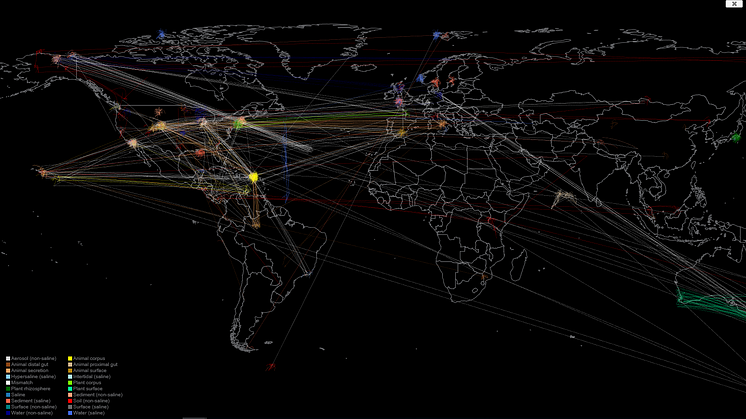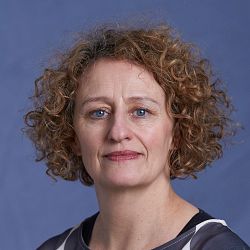
Nyhet -
Akvaplan-niva contributes to global reference database on bacteria
A primary aim of microbial ecology is to determine patterns and drivers of community distribution, interaction, and assembly amidst complexity and uncertainty. Senior Scientist at Akvaplan-niva JoLynn Carroll is a member of The Earth Microbiome Project (link to web page below) which work to characterize global microbial taxonomic and functional diversity for the benefit of the planet and humankind.The results from the project were published in Nature November 1 2017 in a paper co-authored by more than 300 researchers representing more than 160 institutions worldwide:Thompson, L. et al. (2017) A communal catalogue reveals Earth’s multiscale microbial diversity. Nature.
The publication describes a collection of more than 27,000 samples from a vast number of different environments around the globe. The analysis of microbes — microbiomes — living in each sample has led to the first reference database of bacteria that covers the planet. Thanks to newly standardized protocols, original analytical methods and open data-sharing, the project is now poised to continue to grow and generate new scientific discoveries as new data are added.
